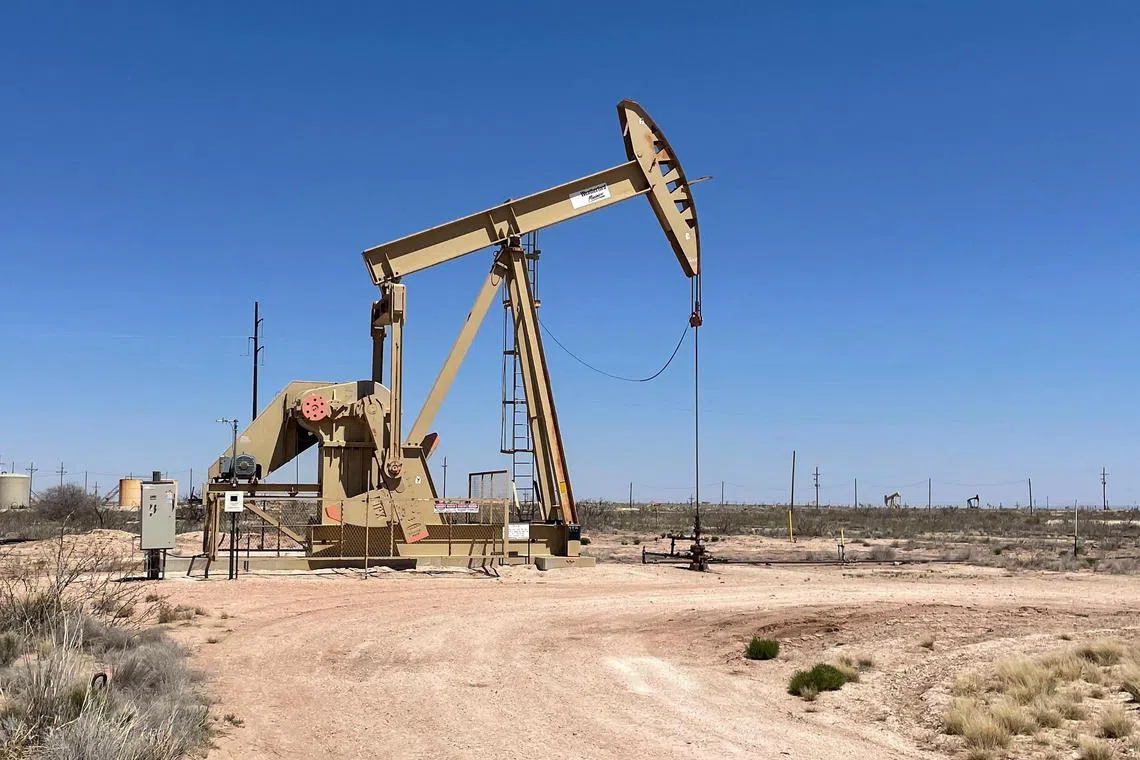Banks told by net-zero watchdog to end new oil, gas financing
Sign up now: Get ST's newsletters delivered to your inbox

The finance industry’s capital allocation is nowhere near what’s needed to limit global warming to the critical threshold of 1.5 deg C.
PHOTO: REUTERS
Follow topic:
LONDON – Banks will have to immediately stop providing capital market services that help finance new fossil fuel projects if they want their net-zero plans approved, according to long-awaited consultation papers by the leading verification organisation.
For financial institutions to have credible net-zero targets, “they must first avoid making the problem worse”, according to the Science Based Targets initiative (SBTi), which is backed by the United Nations.
That means the banks must “immediately stop any activities that support the development of new fossil fuel assets that enhance the stock of carbon emitting sources and create carbon lock-in”.
The finance industry’s capital allocation is nowhere near what is needed to limit global warming to the critical threshold of 1.5 deg C, with capital market operations a particular point of contention.
Disagreement inside the industry has for months blocked efforts to reach an agreement on how to calculate the carbon footprints of bond and equity underwriting businesses.
SBTi has verified more than 2,000 net-zero commitments across industries, and the standards it sets are already guiding investors.
MSCI, an investment research firm, said in a report in June that the kind of “rigorous third-party validation processes” that SBTi provides enable investors to determine whether targets will be met.
The finance industry has been quick to commit to net-zero goals, but has tended to provide limited detail on how it will achieve that target.
And since the 2015 Paris Agreement,
SBTi is now proposing mandatory criteria around fossil financing for financial firms seeking to get net-zero claims verified.
That includes disclosing absolute emissions across all scopes and all operations, as well as an immediate stop to “new financial flows provided to companies that are involved in expanding production and/or adding capacity to any applicable oil and gas value chain-associated activities”, it said.
The consultation papers, published on Thursday, are open for the first of two public comment periods. The standards are expected to be finalised in 2024. BLOOMBERG

